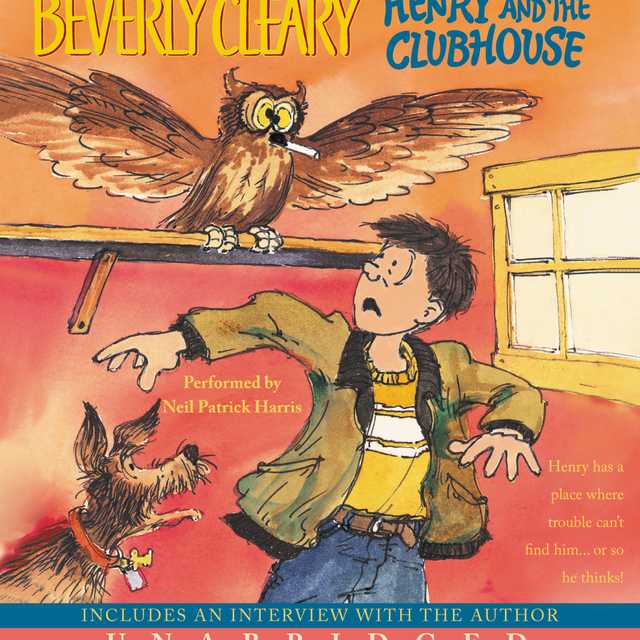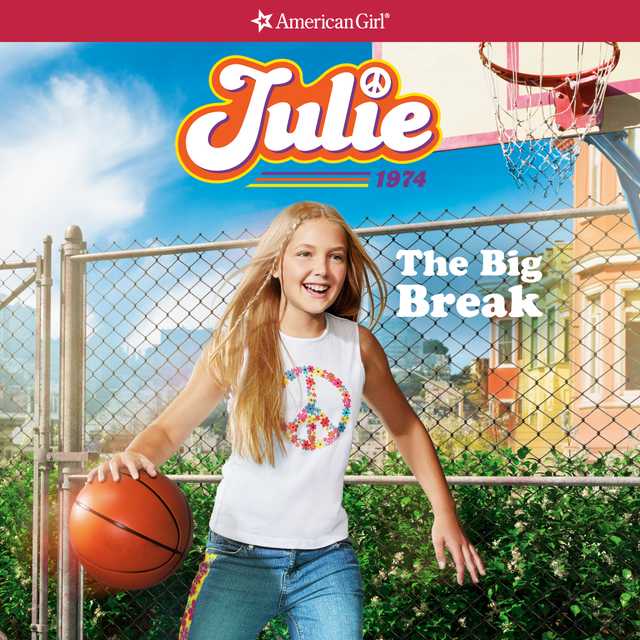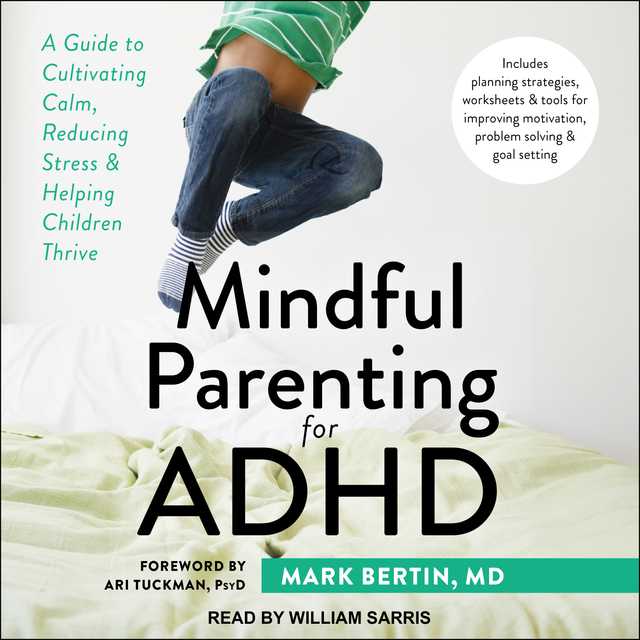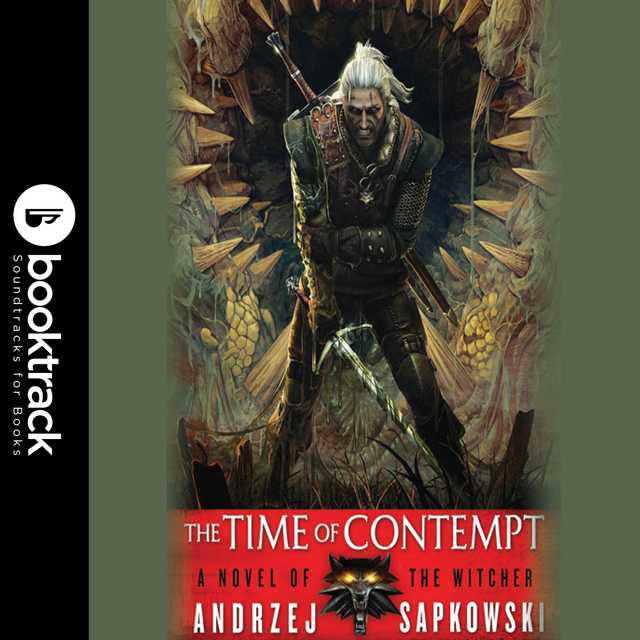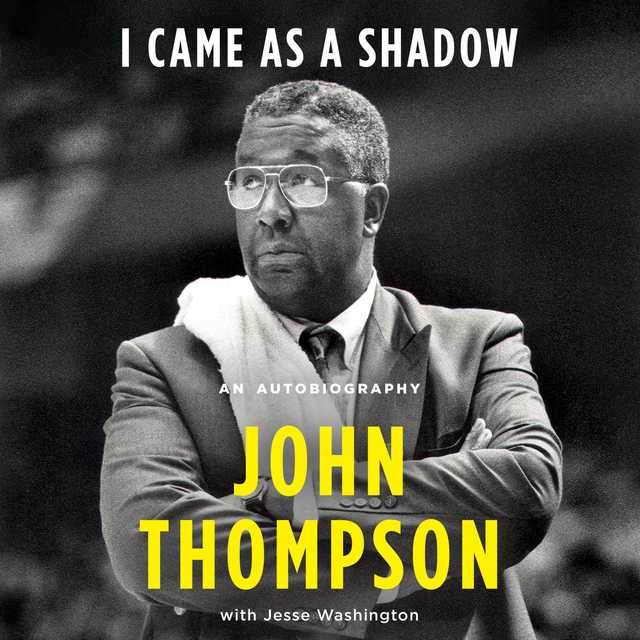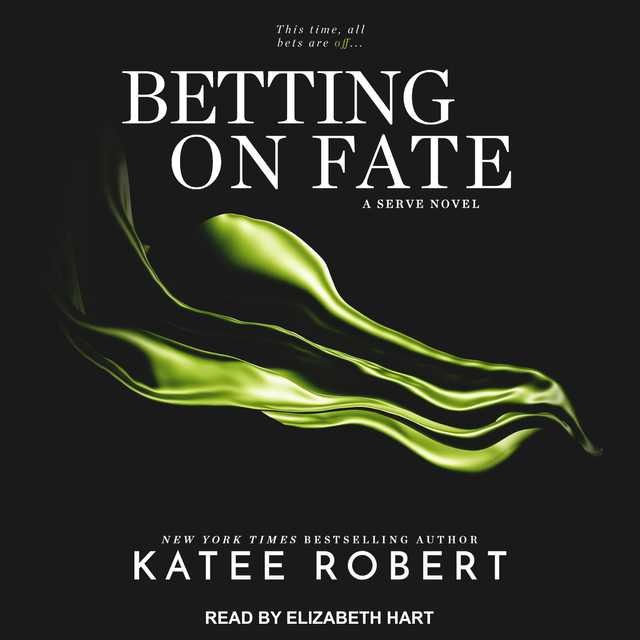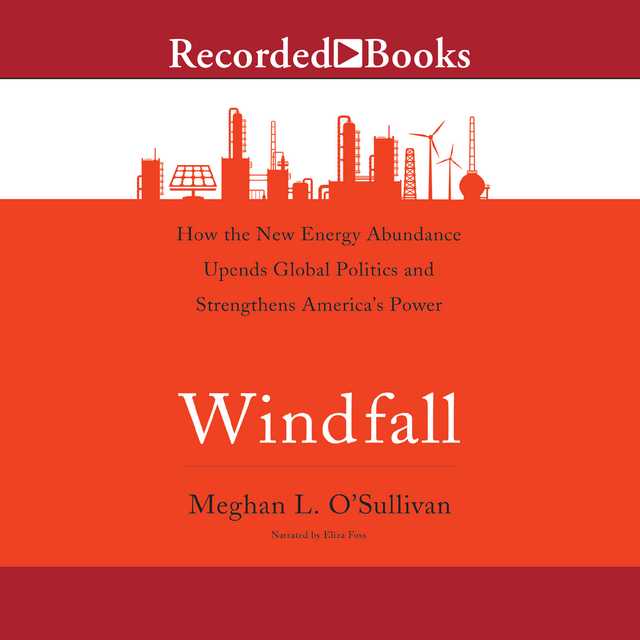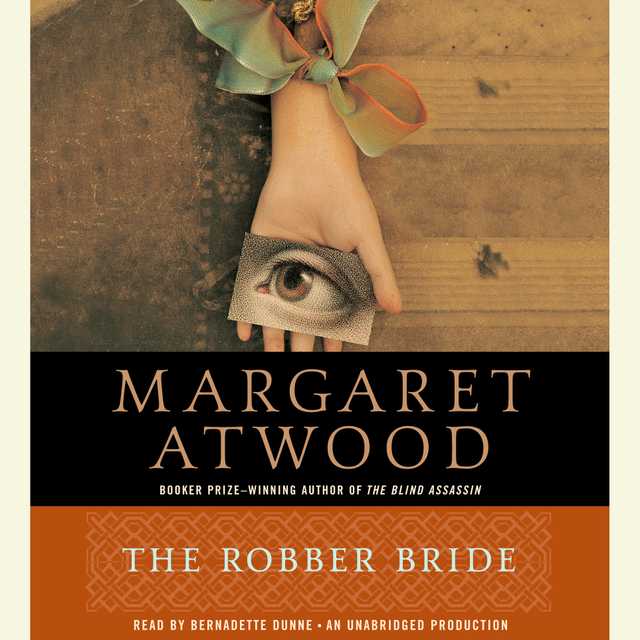Henry and the Clubhouse Audiobook Summary
Fiery Ramona Quimby and the well-meaning Henry Huggins may clash, but in this delightful and hilarious novel by Newbery Medal-winning author Beverly Cleary, it’s an unlikely compromise that wins the day.
Henry and his friends are building a no-girls-allowed clubhouse. With a private space of their own, and a top-secret password required for entry, the boys are relieved to finally have a hang-out spot they don’t have to share.
But Henry’s about to find out that nothing–not even a sign–will keep gutsy Ramona out of their clubhouse…and her retaliation may just ruin Henry’s newspaper career.
Don’t miss the beloved classic Henry Huggins books from Beverly Cleary. These are truly timeless classics that stand the test of time and still leave readers 7-13 smiling.
Other Top Audiobooks
Henry and the Clubhouse Audiobook Narrator
Neil Patrick Harris is the narrator of Henry and the Clubhouse audiobook that was written by Beverly Cleary
Neil Patrick Harris’s stage credits include productions of Sweeney Todd, Romeo and Juliet, and Rent. On TV, he starred in Doogie Howser, M.D. and currently appears in How I Met Your Mother. His film work includes Clara’s Heart, The Next Best Thing, and Starship Troopers.
About the Author(s) of Henry and the Clubhouse
Beverly Cleary is the author of Henry and the Clubhouse
More From the Same
- Author : Beverly Cleary
- Mitch and Amy
- Emily’s Runaway Imagination
- Muggie Maggie
- Ramona the Brave
- Ramona Forever
- Publisher : HarperCollins
- Coraline
- Little House on the Prairie
- Little House in the Big Woods
- On the Banks of Plum Creek
- Farmer Boy
Henry and the Clubhouse Full Details
| Narrator | Neil Patrick Harris |
| Length | 2 hours 35 minutes |
| Author | Beverly Cleary |
| Category | |
| Publisher | HarperCollins |
| Release date | July 01, 2006 |
| ISBN | 9780061229077 |
Subjects
The publisher of the Henry and the Clubhouse is HarperCollins. includes the following subjects: The BISAC Subject Code is Friendship, Juvenile Fiction, Social Issues
Additional info
The publisher of the Henry and the Clubhouse is HarperCollins. The imprint is HarperCollins. It is supplied by HarperCollins. The ISBN-13 is 9780061229077.
Global Availability
This book is only available in the United States.
Goodreads Reviews
Sophie
July 25, 2020
I Love the anniversary edition with the classic illustration! Wish the publisher would do the same for the whole Ramona series! I love the language in these books, none of the bratty talk and mundane scenarios that plague contemporary children's fiction. Beverly Cleary really remembers what it is like to be a child.
Christopher
November 08, 2022
"Pretty good for a children's book. Storyline was kinda OK." - Rosie"Why, that was just keen, swell, and gee-whiz super-duper! Sorta." - MeAlthough I think Beezus and Ramona are my favorites...and I could only read so much detail about folding newspapers...and she loves the word "protested," which drove me nuts after a while...
Thomasin
April 09, 2017
Four stars BECAUSE the book allowed some good conversation about Halloween costumes (culture is not a costume!) and the "no girls allowed" rule.
Kris - My Novelesque Life
August 07, 2019
Want to do a reread so will review at that time.
Julia
January 20, 2022
This is my 9 year old's favorite series. Fun stories.
Devon
February 09, 2016
The Henry Huggins series of books by Beverly Cleary. They are, in chronological order, Henry Huggins (1950), Henry and Beezus (1952), Henry and Ribsy (1954), Henry and the Paper Route (1957), Henry and the Clubhouse (1962), and Ribsy. The Henry Huggins series contains the Ribsy series and meshes with the Ramona series.For our second--and the second largest--character series by Cleary, we moved from Ramona to Henry and his beloved dog, Ribsy. The first scene introduces Ribsy and he appears in all the books, more or less prominent.We were once again drawn into life on Klickitat Street in 1950s Oregon. We were once again lulled and charmed by the simple writing, the realistic characters, and the small things of suburban life. While we did enjoy the series, we found it did not quite live up to the Ramona series.HENRY HUGGINS SERIESA couple complaints: too many adverbs (those pesky, oft-unnecessary -ly words), and sometimes Huggins is a butthead. Yes, he is a little boy and little boys are often buttheads, but my kids were surprised by Henry's internal dialogues and how annoyed he is by anyone who gets in his way. He wouldn't act out, but he'd sure think some mean things. (Of course, this is all relative to the time period and place we are reading about. His being a butthead is nothing compared to some more modern characters and situations my kids might read about.)Also, Ramona is not entirely consistent with her character in her namesake series. Just a warning: you aren't going to fall in love with Ramona laterally.I honestly don't know if I have much more to say. Huggins was nice, but it was no Ramona. Cleary is nice, but she's at her best with Ramona. Read Ramona first, and if you want to stay in that world, try Huggins. Our favorite was Henry and the Clubhouse.***REVIEW WRITTEN FOR THE STARVING ARTIST BLOG***
Jason
May 23, 2021
Earlier this year, on the day of her death, I ran over to the Chicago Public Library website and checked out as many random ebook titles by children's author Beverly Cleary that I could get my hands on, which turned out to be eight volumes spanning her entire career that I got done reviewing a little while ago (full list at the bottom of this review). But I realized that my middle-aged reassessment of Cleary would never be truly complete without revisiting the entire series of the one character I cared about as a kid way more than any other, which is our perpetually put-upon tween hero Henry Huggins. He was the protagonist of her very first book, after all, written while working as a public librarian in Portland, Oregon, and hearing little boys in there constantly complaining about the badly outdated Victorian "Little Lord Fauntleroy" nonsense constantly being crammed down their throats at school; and he would remain Cleary's "main character" from his explosive start in 1950 all the way until the mid-'70s, when as a grandmother she embraced the new wave of "young adult" writers like Judy Blume and Betsy Byars, and took her former impish devil Ramona Quimby and aged her up to a tween herself in order to write stories more emotionally revealing and bittersweet than the Huggins books earlier in her career.But that's okay with me! I loved the Huggins books as a kid, especially that magical age between seven or eight and twelve to thirteen, and would re-read the entire six-book series seemingly every summer* (including 1950's Henry Huggins, '52's Henry and Beezus, '57's Henry and the Paper Route, '62's Henry and the Clubhouse, and '64's Ribsy). Now that I've reread them as a middle-ager, it's easy to see why, because they clearly have the same tone and spirit as Jeff Kinney's modern hit Diary of a Wimpy Kid, of tween boys acting stupid and silly and very real, but also coming to grips with some adult truths about the world for the very first time, and growing into some adult traits for the first time like natural politeness, concern for others, etc. Henry doesn't have the "stolen inheritance" adventures of Victorian children's tales, but very real adventures -- the one year he and his buddies build a clubhouse, his agony about not being old enough yet for his first summer job -- and instead of fairytale villains he has very real villains -- such as the aforementioned Ramona Quimby, seen as a hellion four-year-old in these books, a personification of Discordia who leaves a FEMA-level disaster in her wake anywhere she walks. It's basically a genteel version of social realism, showing the great drama inherent just in these small ordinary lives here in this pleasant mid-sized city; we take it so much for granted now in children's literature, so it's a fresh shock all over again to remember how groundbreaking and controversial it was when Cleary started writing books for children in this fashion, starting just one year before JD Salinger kickstarted the Young Adult genre into existence with The Catcher in the Rye (helped immensely of course three years later with William Golding's Lord of the Flies). Cleary's Henry Huggins books are kind of like that for those readers' little brothers in fourth through sixth grade, which is what makes them still so timeless and readable to this day, especially series high point Henry and the Clubhouse which features almost a perfect blend of zany standalone stories but all of them combining into a grand finale at the very end, with a good dose of earned sentimentality too. If you take on these six books, and then the '70s more touchy-feely fellow six-book series of Ramona as a tween, you'll have pretty much read the top twelve books of her career, making the rest only really of worth to diehard completists. They come recommended in this spirit.*Like I suspect is the case with a lot of the nerds here at Goodreads, every year of my childhood I participated in my public library's summer reading program, in which goals at home for books checked off a list was combined with live social events at the library's large back field, and that this combination of indoor and outdoor activities makes up a giant sweet spot of my fond memories of my tween years (whatever ones I can still remember here in my fifties, anyway). I always went for the biggest goal you could get, which was something ridiculous like 30 books in the 15 weeks between Memorial Day and Labor Day; but the only way I could get to that number by the end of the summer was to re-read a certain amount of books I was already familiar with, which is how I ended up re-reading the entire Huggins series every summer, a lot of Judy Blume books every summer, the "Mad Scientist Club" books every summer, etc. I was actually reading them again from cover to cover, so I suppose technically that counts!The 2021 Beverly Cleary Memorial Re-Read: Henry Huggins (1950) Henry and Beezus (1952) Otis Spofford (1953) Henry and Ribsy (1954) Fifteen (1956) Henry and the Paper Route (1957) Henry and the Clubhouse (1962) Ribsy (1964) Ramona and Her Mother (1979) Dear Mr. Henshaw (1983) Ramona Forever (1984) Strider (1991)
Roland
June 23, 2018
It was great!
Jim
April 02, 2022
This audio book was really funny. Neil Patrick Harris performs the characters so perfectly!
Eunyoung
March 07, 2013
Another classic by the beloved children's book author, Beverly Cleary!I read this a long time- probably in elementary school but you can never go wrong re-reading Beverly Cleary's books. While there are so many current children's books out now that are great, there's something to be said about Beverly Cleary's books. Mainly, I think it's because they seem so wholesome- for lack of a better word. She write about a time when kids had paper routes and wrote letters by hand (and not texting on their phones or computers) and looked up words in an actual dictionary (not computer spell check!)Was it just me or was anyone else impressed by Henry and his two friends building a clubhouse from scratch? I barely know what materials I would need to fix a door never mind a clubhouse complete with windowpanes and door on hinges!This book's main character is Henry Huggins but the lovable Ramona makes her presence known throughout the book. Her antics make me laugh aloud. I probably think she's adorable because I don't have to be responsible for her! She would probably drive me insane as she does Henry, her sister Beezus and her mother among others :) I think this book should also include Henry's paper route. It feels like it's more about his paper route than his clubhouse. Beverly Cleary makes it easy to love her books and the illustrations are also fantastic! I always want to be a little kid again after reading her books.
Louis
November 01, 2021
I listened to this book on CD in my car.Written in 1962, it still retains its charms. Children worrying about their goals, their fears of failing, what to do in an uncertain situation, and how to deal with pests are all themes that still resonate. Henry has a paper route. He initially decides to build a dog-house with some spare wood. But when he gets more wood, he and 2 friends decide to build a clubhouse--for boys only. This upsets Henry's friend, Beezus, which upsets Henry. Beezus' younger sister, Ramona, is a pest and Henry cannot abide her presence. She follows him on his paper route, and locks him in the clubhouse. The caveats here are that modern children may not know what a paper route is, let alone a newspaper. This gives parents a chance to reflect on their own or their grandparents' generation's experiences with the now mostly outdated practice. Another caveat is that Henry dresses up as an Indian for Halloween, which was not unusual for the time as Westerns were very big on TV. This again may require explanation by parents about the historical circumstances that once viewed wearing such costumes as appropriate. Other than that, the writing is spare and clear. An easy to follow book for early chapter readers.
Frequently asked questions
Listening to audiobooks not only easy, it is also very convenient. You can listen to audiobooks on almost every device. From your laptop to your smart phone or even a smart speaker like Apple HomePod or even Alexa. Here’s how you can get started listening to audiobooks.
- 1. Download your favorite audiobook app such as Speechify.
- 2. Sign up for an account.
- 3. Browse the library for the best audiobooks and select the first one for free
- 4. Download the audiobook file to your device
- 5. Open the Speechify audiobook app and select the audiobook you want to listen to.
- 6. Adjust the playback speed and other settings to your preference.
- 7. Press play and enjoy!
While you can listen to the bestsellers on almost any device, and preferences may vary, generally smart phones are offer the most convenience factor. You could be working out, grocery shopping, or even watching your dog in the dog park on a Saturday morning.
However, most audiobook apps work across multiple devices so you can pick up that riveting new Stephen King book you started at the dog park, back on your laptop when you get back home.
Speechify is one of the best apps for audiobooks. The pricing structure is the most competitive in the market and the app is easy to use. It features the best sellers and award winning authors. Listen to your favorite books or discover new ones and listen to real voice actors read to you. Getting started is easy, the first book is free.
Research showcasing the brain health benefits of reading on a regular basis is wide-ranging and undeniable. However, research comparing the benefits of reading vs listening is much more sparse. According to professor of psychology and author Dr. Kristen Willeumier, though, there is good reason to believe that the reading experience provided by audiobooks offers many of the same brain benefits as reading a physical book.
Audiobooks are recordings of books that are read aloud by a professional voice actor. The recordings are typically available for purchase and download in digital formats such as MP3, WMA, or AAC. They can also be streamed from online services like Speechify, Audible, AppleBooks, or Spotify.
You simply download the app onto your smart phone, create your account, and in Speechify, you can choose your first book, from our vast library of best-sellers and classics, to read for free.
Audiobooks, like real books can add up over time. Here’s where you can listen to audiobooks for free. Speechify let’s you read your first best seller for free. Apart from that, we have a vast selection of free audiobooks that you can enjoy. Get the same rich experience no matter if the book was free or not.
It depends. Yes, there are free audiobooks and paid audiobooks. Speechify offers a blend of both!
It varies. The easiest way depends on a few things. The app and service you use, which device, and platform. Speechify is the easiest way to listen to audiobooks. Downloading the app is quick. It is not a large app and does not eat up space on your iPhone or Android device.
Listening to audiobooks on your smart phone, with Speechify, is the easiest way to listen to audiobooks.

